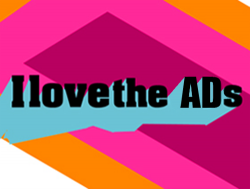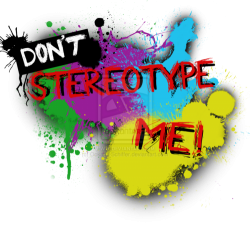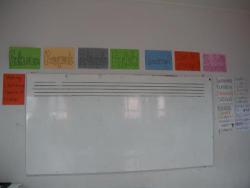
The best thing I did last semester was to show my students some of my own shitty writing. Previously, I had avoiding putting up any of my own work, not out of some kind of fear of student reactions, but because I didn't want to make the class all about me.
Still, about halfway through last semester, I got the impression my students were feeling all downtrodden and dismal about their writing. I wanted them to see that even though we grade "final" drafts, none of us, their teachers, think about writing purely in terms of product, either.




![We [Heart] Blog](sites/default/files/styles/thumbnail/public/6%20Tips%20for%20Bloggingdbfb.jpg?itok=DVMonKWk)


_38639.jpg?itok=dJvQkF5H)


